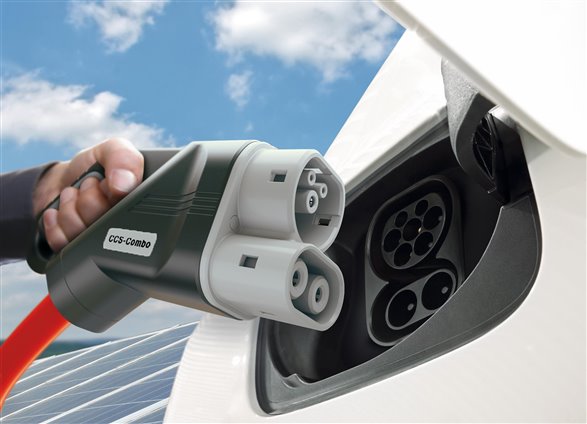The high cost of insurance premiums are the biggest barrier preventing drivers choosing electric and hybrid cars over diesel and petrol according to a new survey.
Research conducted on behalf of the Institute of the Motor Industry (IMI) found that despite 40% of those surveyed expressed concerns over air pollution they are either unwilling or unable to pay the higher insurance costs for Ultra Low Emissions Vehicles (ULEV). Insurers charge up to 50% more to insure electric and hybrid vehicles, citing the higher purchase price and shortage of qualified ULEV technicians. The result was that more than two-thirds of those surveyed said they were put off from considering electric or hybrid power, with concerns over insurance costs exacerbated by a current lack of public charging points.
A £600 million fund has been set aside by the Government to promote emission free vehicle, but the IMI has called for £30 million of that to be used to fund training to close the skills gap. The IMI had positive discussions with the Department for Transport on the subject last year, but say the arrival of Chris Grayling as Secretary of State has seen progress grind to a halt.
“Millions of tax payers cash spent on charging points will be wasted if the government won’t help independent garages and wider industry keep up with the switch to electric,” said IMI CEO Steve Nash. “It’s not rocket science. Small businesses are uncertain about future demand for work on electrified cars and won’t risk investing in the skills they need without help from the government. This means insurance and servicing costs will stay out of the reach of many drivers and car buyers will still be attracted to diesel cars as the most fuel efficient alternative, keeping them on our roads in significant numbers for decades to come.”
“The government has recognised the most obvious barrier to consumers buying electric cars, which is the charging infrastructure, and it is taking direct steps to address this. However, it needs to recognise that this is the biggest change in the automotive industry for over 100 years and there are other barriers that must be addressed too, not least the skills gap.”
Click here to sign up for our monthly newsletter
Popular news stories
 |
 |
 |
 |
|||
|
|
||||||









